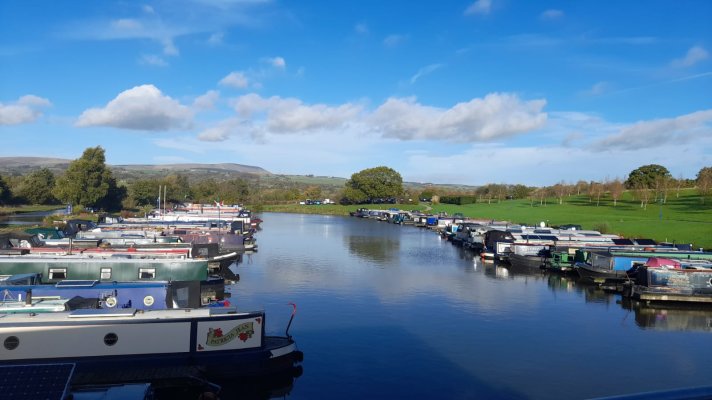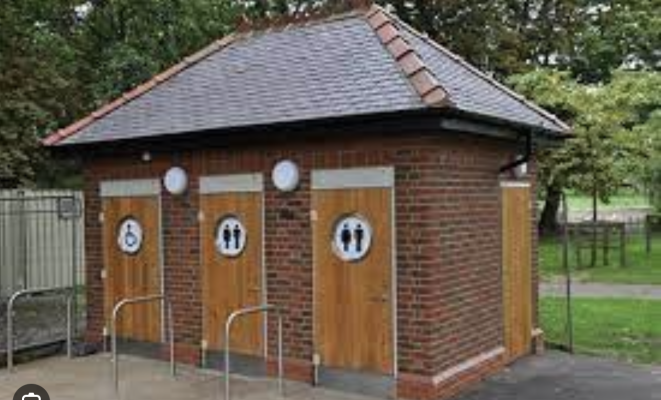The lamppost chargers in Westminster are provided by Shell Ubitricity, but obviously it required the cooperation of the Council because they own the lampposts.
The lamppost chargers are slow (5.5kWh), and are for residents use only (i.e. you park the car next to the lampost, hook it up, and it get charged overnight).
There are a few fast public chargers at the end of our street (50-150kWh), operated by various private companies, but so far I've only ever seen black cabs and Ubers charge there, I suppose that the higher price of the electricity from the fast chargers is only justified when the alternative (being off the road for longer) will cost you more...
Additionally, our local Aldi has three 50kWh charging bays, where you can charge your EV free of charge, so you get free electricity, but obviously only while you're shopping there.
However, while the lamppost chargers solution is probably ideal for people living in city centres, it is not so much so if you live in a suburban area. The reason is that people living in city centres are unlikely to use their car every day, and in most of their journeys they will cover only a couple of miles. Most people living in my area only need to charge their EVs once every other week, so there's really no problem with charging. The exception are hybrid cars with a small battery, there are a couple of neighbours who have their cars permanently attached to the lamppost, and pride themselves in not having to use the petrol engine at all in the past year... the cost per mile is obviously much cheaper on electricity than on petrol.
I would say that if you live in a house in a suburban neighborhood (and not in a block of flats near the city centre), you use the car daily, and travel more than just a few miles on each journey, you really need to have your own charger in your drive in order to live comfortably with an EV.

www.express.co.uk






